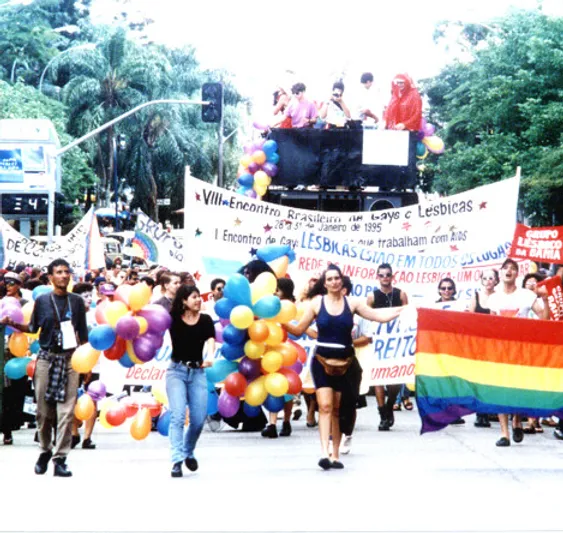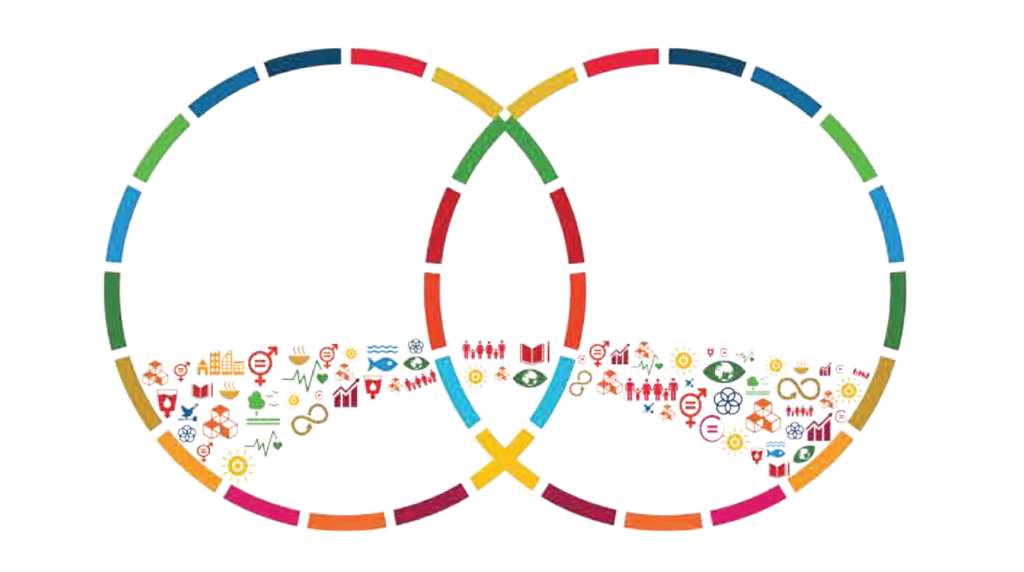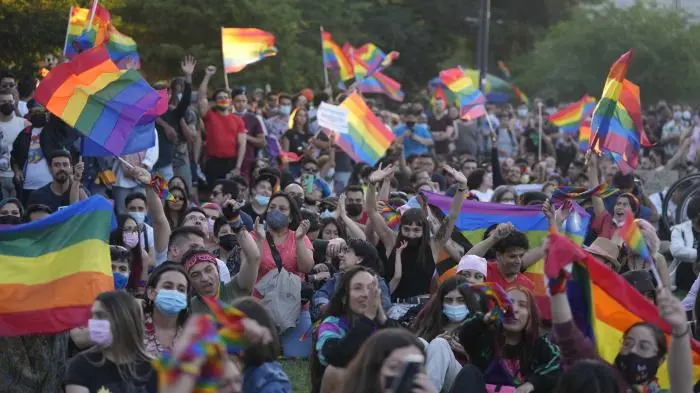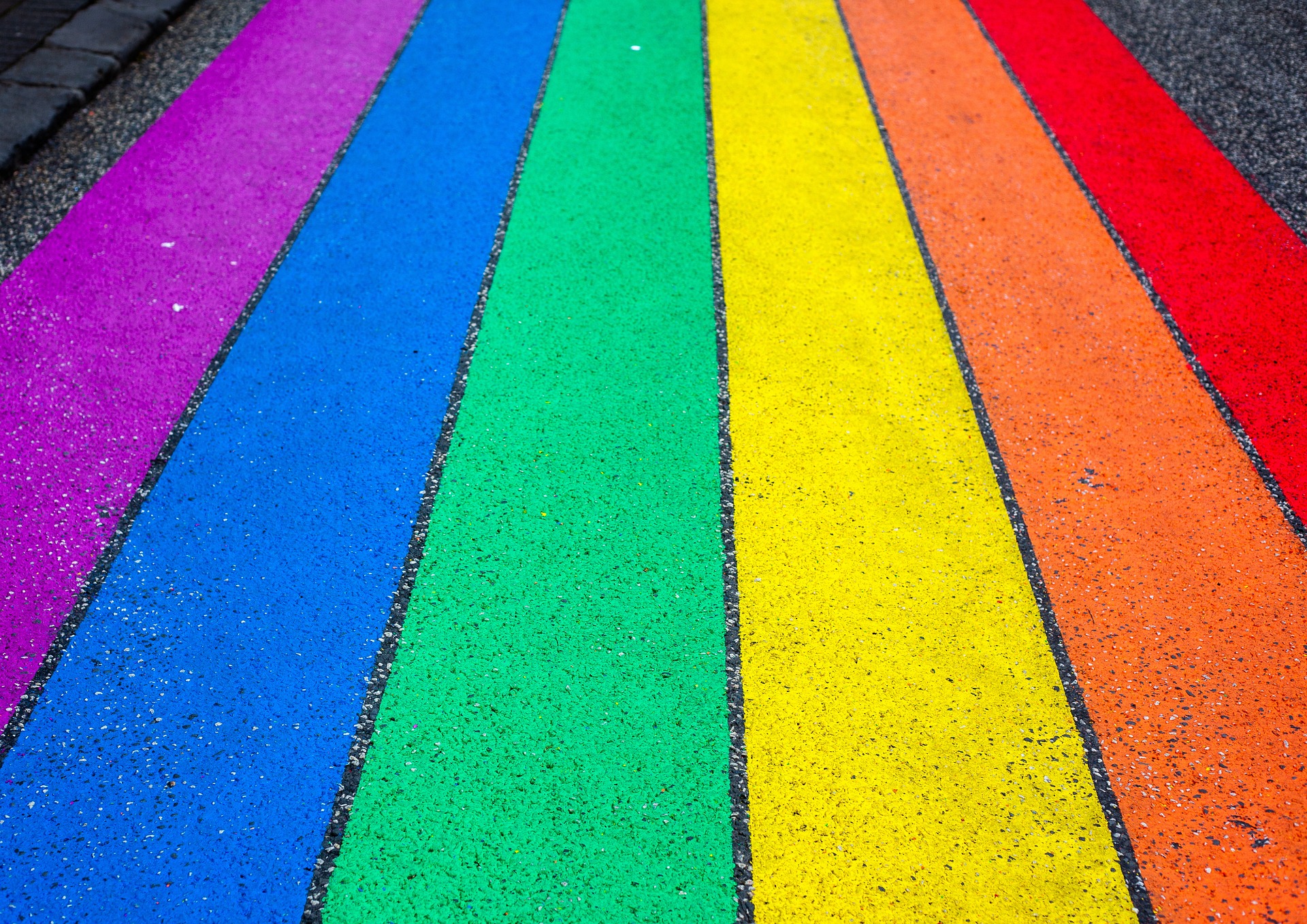LGBT+ organizations do not only care about LGBT+ issues. More than anything, LGBT+ people in Latin American countries are still fighting to become accepted, recognized, and fully integrated into society. Certain countries such as Argentina, Brazil, Chile, and Costa Rica have seen major advancements for the LGBT+ community when it comes to political representation, marriage equality, and legal protection from discrimination. As you can see on this map of the organizations and conferences below, the majority of organizations and conferences are located in Brazil and Argentina, which makes sense since there is much more LGBT+ acceptance in those countries than most other Latin American countries. In other countries such as Peru and Bolivia, there continues to be hostility toward LGBT+ people which in turn limits the abilities of LGBT+ organizations to gain support and organize their own conferences. While this is a small sample size of organizations and conferences, it shows that most Latin American countries are still far behind in LGBT+ recognition and acceptance…
The Struggle for Acceptance
Latin America has seen legal advancements for LGBT+ people, but this does not mean that LGBT+ people are being more accepted into society. Violence and public incidents of homophobia are common even in some of the most progressive countries in Latin America, particularly Brazil. Deep social prejudices and the increase in conservative values have been roadblocks for LGBT+ acceptance and visibility. In the Equal Rights in Action Fund Conference in Brasília in January of 2023, online threats of violence were made towards one of the LGBT+ representatives who attended the conference, State Representative-Elect from the state of São Paulo Thainara Faria.

The conference was held with the goal of training and celebrating the election of LGBT+ individuals, with the support of LGBT+ organizations across Brazil, and despite the threat of violence the conference was successful. Creating solidarity between the LGBT+ community and the rest of society is important because it breaks down the social barriers that have been built up over time, which is why LGBT+ organizations choose to get involved as much as they can in political and social discussions. Social media has allowed for more online visibility of LGBT+ people, but there is also more online harassment. Online homophobia will continue to be a larger issue for LGBT+ organizations and activists who use social media to gain support and spread awareness of LGBT+ issues in countries such as Brazil.

LGBT+ people in Latin America face this unique problem where they enjoy more legal and political rights than LGBT+ people in most countries in Africa, yet they are not fully accepted into society and also experience violence and discrimination that is underreported. Transexual and other minority queer communities are specifically targeted in countries such as Argentina, where there is much less acceptance than more traditional LGBT+ labels. This has been a recent challenge for LGBT+ organizations such as Poder Ciudadano, who continue to call out the corruption of the State that has silenced queer voices in politics. These organizations help give LGBT+ minorities a chance to make their voices heard, despite the sexual stigma that exists within Latin American society. No matter how many legal victories LGBT+ people win, there will continue to be harassment, violence, and discrimination if society chooses to marginalize the LGBT+ community and treat them like outsiders in their own countries.
Why South-South Collaboration and Conferences are Important
The purpose of this research and this website is to show how LGBT+ organizations have fought to gain acceptance in Latin American society. This was shown using different examples of conferences and events that certain LGBT+ organizations have either organized or collaborated with other movements and larger organizations. Collaborating with other LGBT+ organizations builds a network that acts as a support system which strengthens the entire LGBT+ community. When the State uses violence and political repression to silence LGBT+ voices, collaborating with other social movements such as feminist and human rights movements puts more pressure on the State to begin listening to their needs. Even if LGBT+ organizations choose to participate in conferences that aren’t focused on LGBT+ specific issues, it increases the visibility of LGBT+ voices in other social issues that the rest of society pays attention to.


South-South collaborations allow organizations to connect with LGBT+ people in their own communities, instead of Global North organizations getting involved with issues that don’t affect their region. In Latin America, the context of where the organization is located matters, since each country faces their own issues, so Global North organizations cannot generalize LGBT+ issues and expect the same solutions to work in Latin American countries. On-the-ground LGBT+ organizations in Latin America better understand the issues they face in their countries, so they can work together in the context of the Global South to come up with better solutions to increase visibility, acceptance, and integration into Latin American society.
